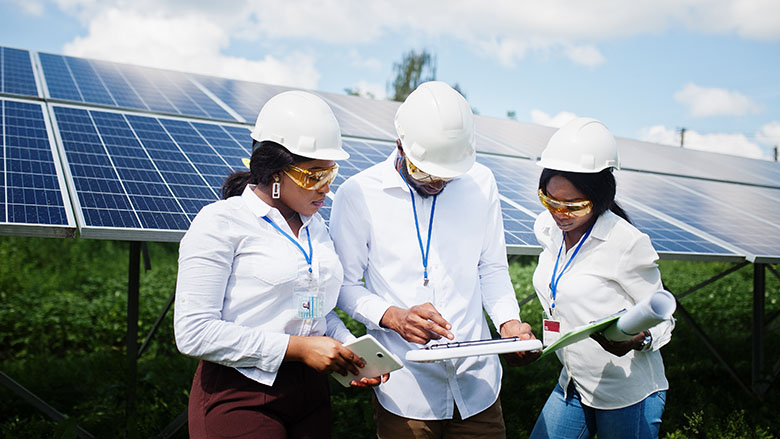Please register in advance to attend this online event.
The combination of rapid urbanization and increasing vulnerability due to climate change is putting urgent pressure on the infrastructure of emerging and developing economies (EMDEs). At the same time, these economies have limited resources to cope with disasters, constraints that have been further exacerbated by the effects of the ongoing pandemic.
For countries in Africa, especially, climate change is an increasingly serious threat. The risks of climate change on agricultural production, food security, water resources and ecosystem services will likely have increasingly severe consequences on lives and sustainable development prospects in Africa.
As countries progress in their economic recovery from the COVID-19 induced recession, private investors and developers have a powerful opportunity to accelerate investments that support climate-resilient infrastructure and drive inclusive growth. These investments will be crucial for EMDEs to transition to low-carbon economies.
To realize this potential, three ingredients are essential for EMDEs to promote and nurture: public and private sector engagement, creating investment-friendly business environments, and building pipelines of bankable, sustainable infrastructure opportunities.
This event aims to ensure that new and existing PPP projects account for physical climate risks; are able to adapt to future climate, socio-economic, and technological changes; and address climate adaptation/mitigation across the infrastructure lifecycle. By participating, attendees will learn more about how to better incorporate climate resilience into infrastructure PPPs, how to balance climate objectives with urgent national development pressures, and how to prioritize climate change adaptation and resilience during project selection, especially during periods of tight fiscal space.
This event will include public sector officials and decision makers working at national, regional, and local levels from ministries, governmental agencies, and PPP units/institutions that hold responsibility to make decisions on structuring, implementing, and advising on PPP programs.
We welcome your participation at the African Community Forum Event on the 29th March 2022 at 08:00 AM EST - 10:30 AM EST, and look forward to the opportunity to engage and share insights, experiences and strategies for the advancement of climate smart PPPs for a green, resilient and inclusive recovery.
Please register in advance to attend this online event.

